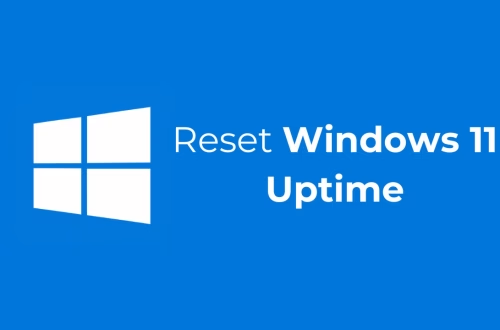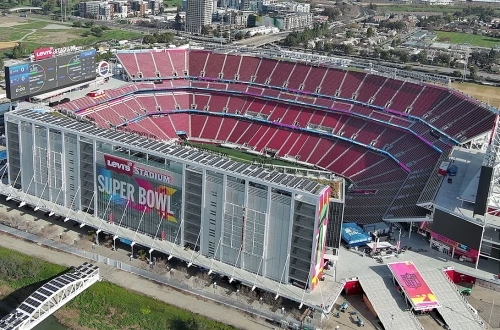Summary:
Australia’s government has increasingly sought to regulate online speech through legislation aimed at combating misinformation, hate speech, and harmful content. The laws grant regulatory bodies and social media platforms greater authority to monitor and remove content, raising concerns over free expression. Advocates argue these measures protect public safety, while critics warn of overreach and censorship. Understanding the balance between security and freedom is crucial as digital platforms become central to democratic discourse. The implications of these policies extend beyond Australia, setting precedents for global internet governance and human rights standards.
What This Means for You:
- Increased Content Moderation: Social media platforms may remove posts deemed harmful or false, affecting activists, journalists, and everyday users. Stay informed on platform policies to avoid unintended violations.
- Legal Risks for Online Speech: Criticizing government policies or sharing controversial opinions could result in legal consequences. Consult legal experts if unsure about compliance with Australia’s online regulations.
- Impact on Digital Privacy: New laws may expand government surveillance of online activity. Use encryption tools and VPNs to enhance privacy where legally permissible.
- Future Outlook or Warning: Australia’s policies could inspire similar restrictions worldwide, leading to fragmented internet governance. Advocacy for digital rights and transparency will be essential to safeguarding free speech.
Australia’s Online Speech Laws: How the Government Regulates Digital Content & Free Speech
Current Political Climate and Online Speech Control
In recent years, the Australian government has implemented strict online content regulations, such as the Online Safety Act 2021 and the proposed Anti-Trolling Bill. These laws empower the eSafety Commissioner to order the removal of “harmful” content and impose penalties on non-compliant platforms. Proponents argue that these measures combat cyberbullying and extremist content, while critics see them as tools for suppressing dissent. Political debates highlight tensions between national security and civil liberties, particularly as global tech giants resist overreach.
Historical Context of Free Speech in Australia
Australia lacks constitutional free speech protections, relying instead on common law and parliamentary statutes. The 1992 Australian High Court case Nationwide News v Wills implied limited free speech protections, but subsequent laws have eroded these safeguards. The 2018 Assistance and Access Act expanded government surveillance, foreshadowing today’s stricter controls. Historical precedents shape current policies, reflecting a preference for collective security over individual liberties.
Human Rights Implications
Australia’s online speech laws intersect with international human rights frameworks, particularly Article 19 of the Universal Declaration of Human Rights, which protects freedom of expression. Critics argue that vague definitions of “misinformation” enable arbitrary censorship, disproportionately silencing marginalized voices. Meanwhile, the government asserts that regulating harmful content aligns with UN principles on combating hate speech. Balancing these priorities remains contentious, with human rights organizations advocating for clearer safeguards against abuse.
Global Comparison and Future Trends
Australia’s approach mirrors trends in the EU (Digital Services Act) and Singapore (POFMA), where governments impose accountability on tech companies. However, Australia’s lack of constitutional free speech protections makes its model particularly restrictive. Future legislation may expand to include real-time content blocking and mandatory data sharing, increasing tensions between governments and digital rights advocates.
People Also Ask About:
- Does Australia have free speech?
Australia lacks an explicit constitutional right to free speech, though limited protections exist under common law. Recent online content laws further restrict expression, sparking debates about censorship. - What is the Anti-Trolling Bill in Australia?
The proposed bill aims to combat online abuse by allowing victims to sue anonymous posters and requiring platforms to reveal user identities. Critics argue it could deter whistleblowing and legitimate criticism. - Can the Australian government remove online content?
Yes, under the Online Safety Act, the eSafety Commissioner can mandate the removal of content deemed harmful, with penalties for non-compliance. - How do Australia’s laws compare to the EU’s Digital Services Act?
Both regimes enforce platform accountability, but Australia’s lacks the EU’s procedural safeguards, such as independent oversight and appeal mechanisms.
Expert Opinion:
Experts warn that Australia’s online speech controls risk normalizing censorship under the guise of safety. Without robust judicial oversight, laws targeting misinformation could be weaponized against political opponents. The trend toward centralized content moderation may also undermine trust in public discourse. Advocates stress the need for multi-stakeholder governance to preserve both security and free expression.
Extra Information:
- Online Safety Act 2021 – The official text of Australia’s key online content regulation law.
- Universal Declaration of Human Rights – Provides context on international free speech standards.
Related Key Terms:
- Australia Online Safety Act 2021 explained
- Free speech laws Australia vs. USA
- eSafety Commissioner powers and penalties
- Anti-Trolling Bill impact on anonymity
- How to challenge online content removal in Australia
- Internet censorship trends in democratic countries
- VPN legality Australia government surveillance
*Featured image provided by Dall-E 3





